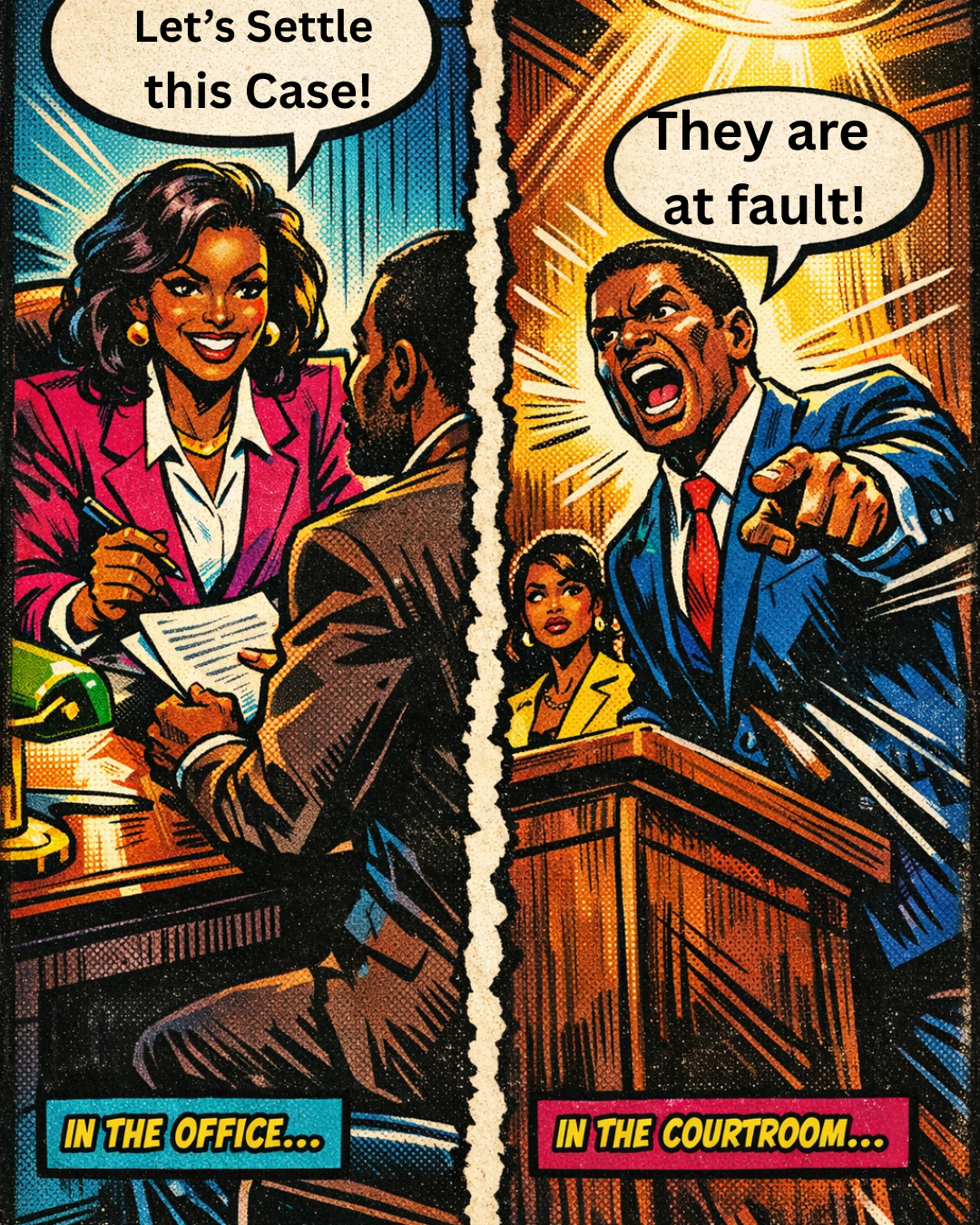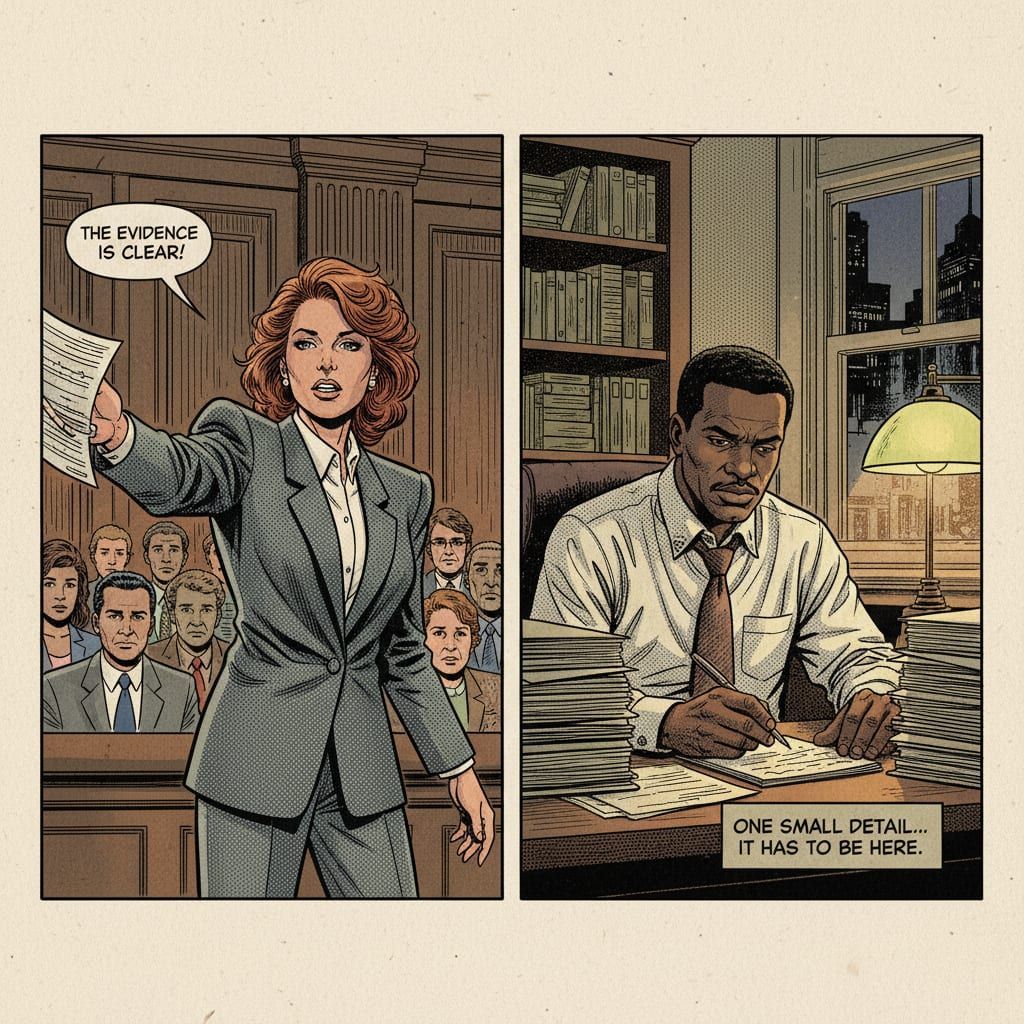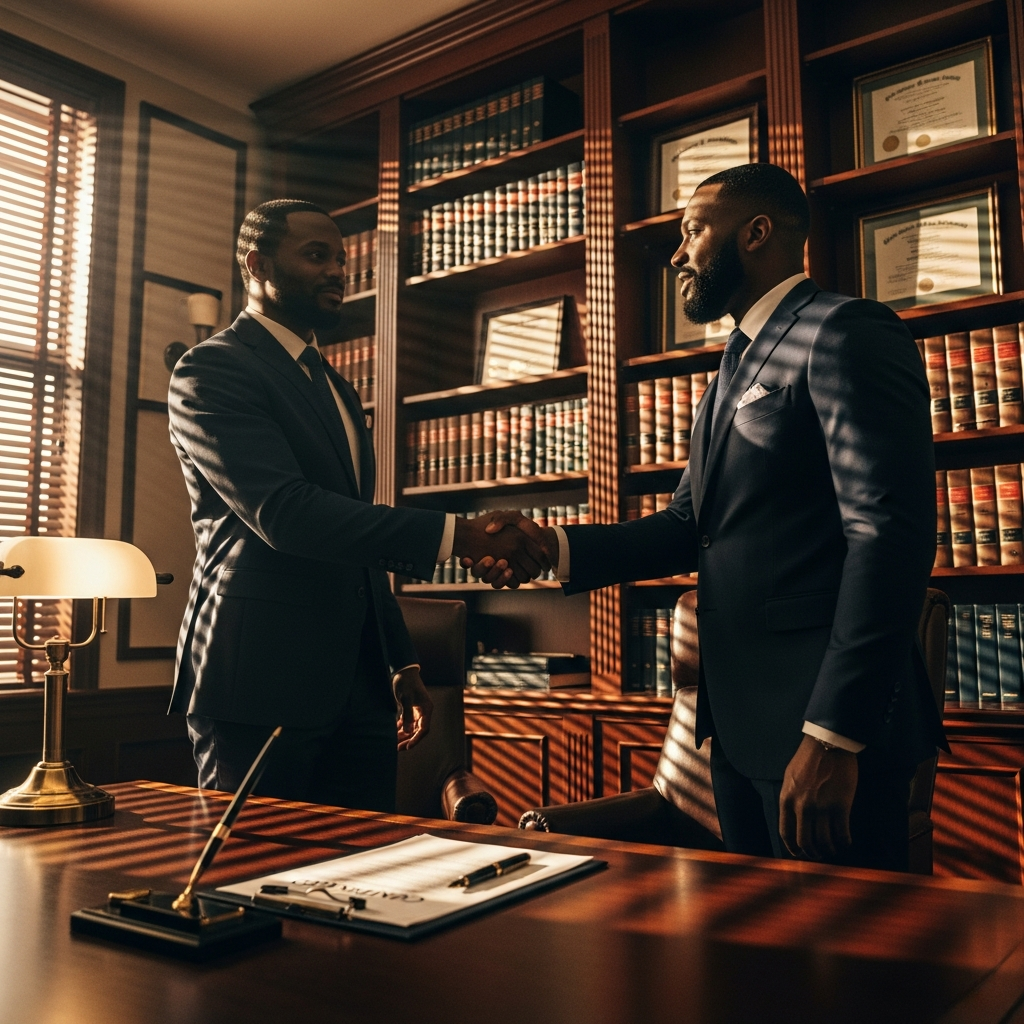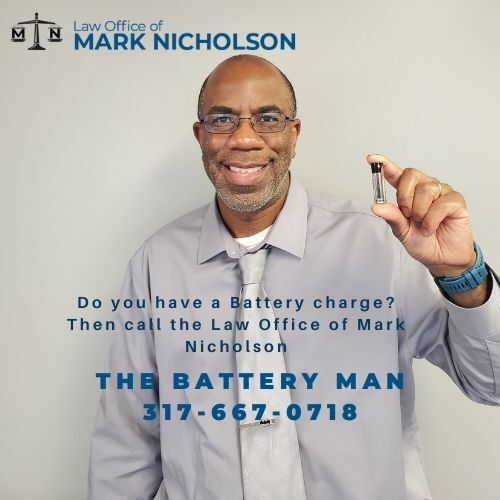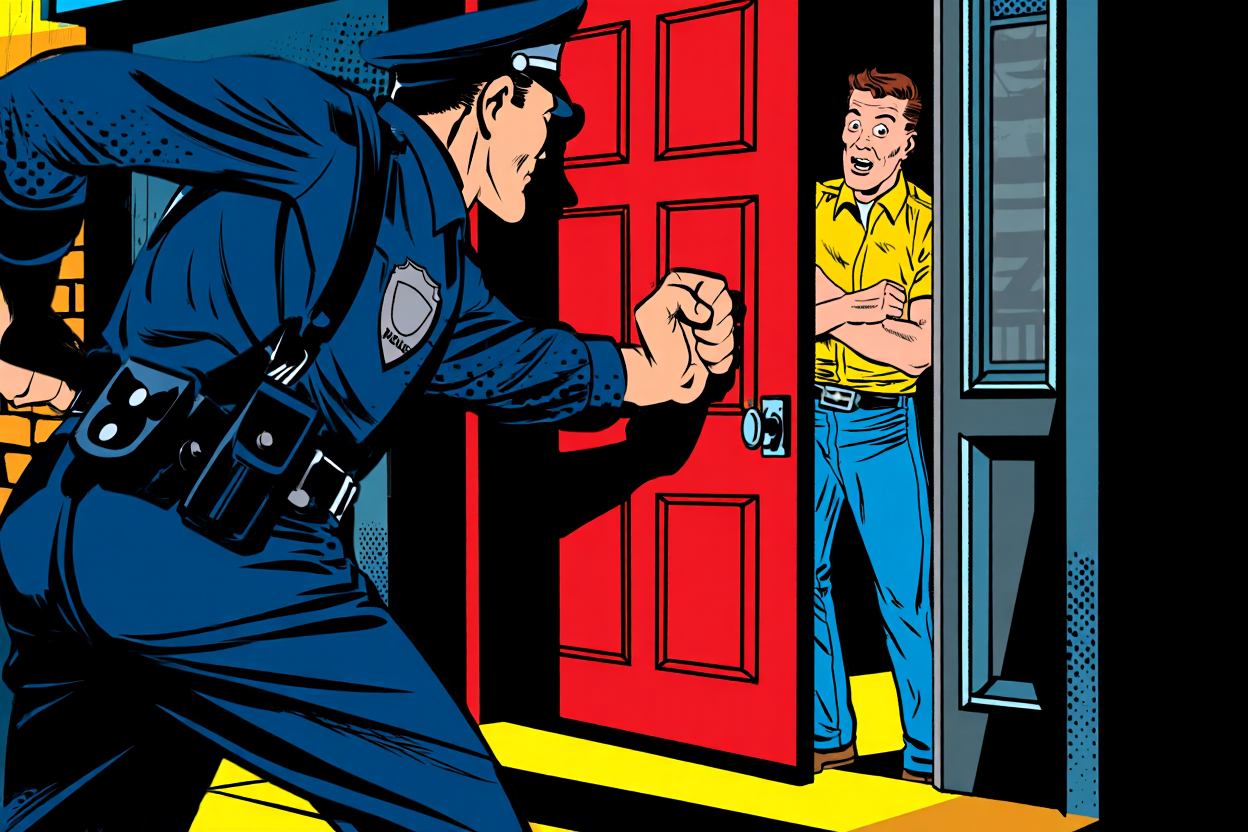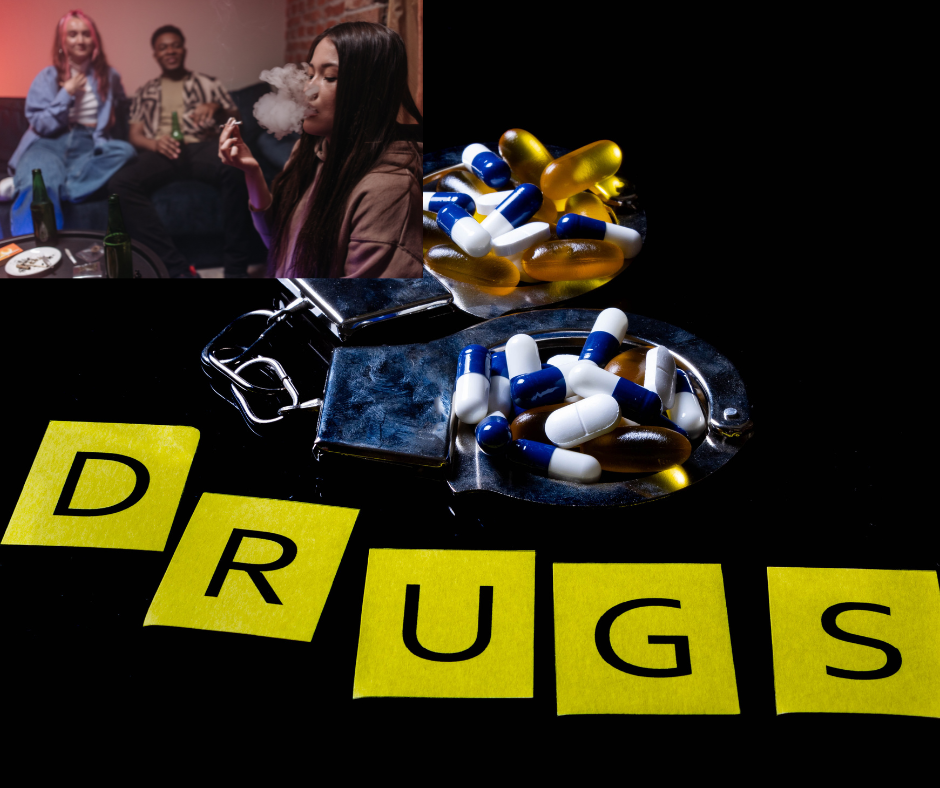Week Three Updates: Puff Daddy's Trial
Week Three Puff Daddy Trial Review !
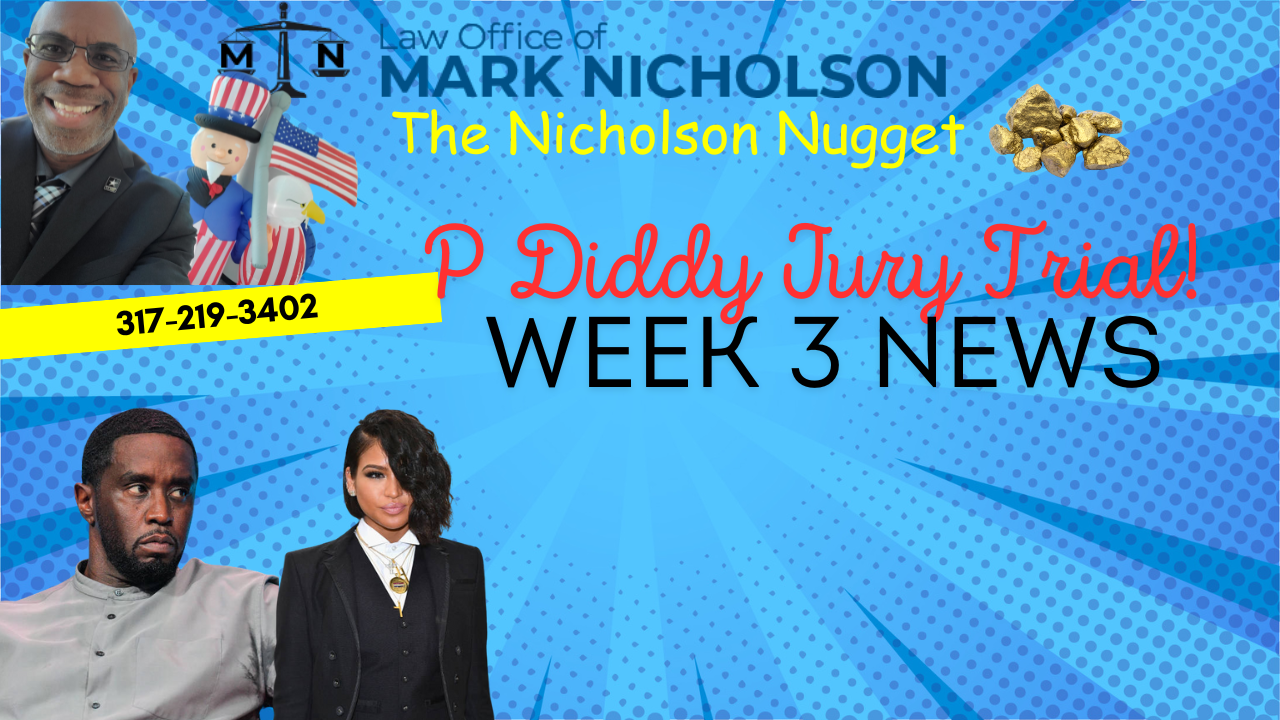
The Testimony That Rocked the Courtroom
As we enter the third week of Sean "Diddy" Combs' high-profile trial on sex trafficking and racketeering charges, the prosecution continues to build what appears to be a damning case against the music mogul. The courtroom has become a battlefield of shocking allegations, with testimony that has left many observers visibly stunned. At the Law Office of Mark Nicholson, we're closely monitoring this case for its significant legal implications and precedent-setting potential.
This week brought forward some of the most explosive testimony yet, with witnesses painting a disturbing picture of alleged abuse, coercion, and exploitation. Let's break down the key developments and what they mean from a legal perspective.
Key Witness "Mia" Takes the Stand
The prosecution's strategy took center stage this week with testimony from a witness identified only as "Mia," who delivered harrowing accounts of her experiences with Combs. Using a pseudonym for her protection—a common practice in sex trafficking cases—Mia detailed several disturbing incidents that prosecutors are using to establish a pattern of behavior.
According to Mia's testimony, she:
- Worked for five consecutive days without breaks
- Was physically assaulted, including being thrown into a pool
- Endured sexual assault that she described in graphic detail
From a legal standpoint, this testimony is significant because it helps establish the "pattern of racketeering activity" required under the RICO statute. For sex trafficking charges to stick, prosecutors must demonstrate force, fraud, or coercion—elements that Mia's testimony directly addresses.
Corroborating Testimony Strengthens Prosecution's Case
One of the most legally significant developments this week was the testimony of Deonte Nash, a stylist who worked with Cassie Ventura during her relationship with Combs. Nash's testimony is particularly valuable to prosecutors because it provides independent corroboration of alleged abuse patterns.
Nash described two separate incidents where he personally witnessed Combs physically abusing Cassie. This type of eyewitness testimony serves a critical function in criminal trials, especially in cases where defense attorneys typically try to undermine victim credibility.
From our experience at the Law Office of Mark Nicholson, corroborating witnesses can make or break complex criminal cases. When multiple witnesses describe similar patterns of behavior independently, it substantially strengthens the prosecution's narrative and makes it harder for the defense to dismiss allegations as isolated incidents or fabrications.
Defense Strategy: Attacking Witness Credibility
The defense team has employed classic cross-examination techniques to challenge Mia's testimony. Their approach focused heavily on:
- Social media contradictions: The defense highlighted posts where Mia spoke positively about Combs, describing him as "the good kind of crazy"
- Inconsistencies in timeline: Questions about specific dates and sequence of events
- Motivations for testimony: Implications that witnesses might have financial or publicity incentives
This strategy reflects standard practice in high-profile criminal defense: when the allegations are severe, attack the credibility of those making them. However, prosecutors appear to have anticipated this approach by building a case with multiple witnesses and supporting evidence.
As aggressive criminal defense attorneys ourselves, we recognize these tactics, but also understand their limitations. The prosecution has clearly worked to construct a case that doesn't rely solely on any single witness's testimony.
The Trump Pardon Question
In an unexpected twist, former President Donald Trump weighed in on the case, suggesting he might consider pardoning Combs if he believes the facts warrant it. While this created headlines, the legal reality is more complex.
First, any potential pardon would only apply to federal charges, not state-level prosecution. Second, pardons typically come after conviction, not during trial. Third, presidential pardons remain entirely discretionary and unpredictable.
From a legal perspective, these comments have no bearing on the current proceedings but do highlight the intense public interest and political dimensions of high-profile criminal cases.
Legal Analysis: The Challenges of Sex Trafficking Prosecution
Sex trafficking cases present unique challenges for prosecutors. Unlike many criminal cases that may rely on physical evidence, these prosecutions often depend heavily on victim testimony, which defense attorneys invariably challenge.
The federal sex trafficking statute (18 U.S.C. § 1591) requires prosecutors to prove that the defendant:
- Knowingly recruited, enticed, harbored, transported, provided, obtained, or maintained a person
- Knowing that force, fraud, or coercion would be used to cause that person to engage in commercial sex acts
- The person benefits financially or receives anything of value
What makes the Combs case particularly complex is the prosecution's attempt to frame these alleged activities within a broader racketeering enterprise. This strategy allows prosecutors to introduce evidence of a pattern of behavior rather than focusing on isolated incidents.
As criminal defense attorneys, we understand that this approach creates both opportunities and challenges for the defense. While it opens more avenues for challenging evidence, it also means that discrediting a single witness may not be sufficient to undermine the entire case.
What to Expect in Week Four
As the trial moves into its fourth week, we anticipate:
- Continued cross-examination of Mia: The defense will likely continue challenging her credibility and consistency
- Additional witness testimony: Prosecutors will bring forward more witnesses to establish patterns of behavior
- Potential evidence challenges: We may see the defense make more aggressive moves to exclude certain evidence
- Expert witnesses: Specialists in trauma psychology may be called to explain victim behavior
The defense team is expected to intensify efforts to create reasonable doubt by highlighting inconsistencies and questioning motivations. However, the prosecution appears to have built a methodical case with multiple witnesses and evidence types.
Broader Implications for Similar Cases
The Combs trial has significant implications for how sex trafficking and racketeering cases involving high-profile defendants proceed in the future. The prosecution's strategy of using multiple witnesses to establish patterns of behavior, rather than relying on a single victim's testimony, could become a template for similar cases.
For those facing criminal charges, the case highlights several important realities:
- Digital footprints matter: Social media posts and electronic communications have featured prominently as evidence
- Witness corroboration is crucial: Multiple consistent accounts carry substantial weight with juries
- Defense strategies are evolving: Traditional attacks on witness credibility may be less effective when prosecutors build cases with multiple evidence sources
At the Law Office of Mark Nicholson, we're constantly analyzing high-profile cases like this one to better serve our clients facing serious criminal charges. While the allegations in the Combs case are particularly severe, the legal principles and strategies at play apply across many criminal defense scenarios.
The Importance of Aggressive Legal Representation
Cases like this underscore why aggressive legal representation is essential when facing serious criminal charges. The prosecution has vast resources and has clearly spent months building their case against Combs. Without equally determined defense counsel, defendants face overwhelming odds.
Whether dealing with federal charges like those Combs faces or state-level criminal allegations, having experienced defense counsel can make the difference between conviction and acquittal. At the Law Office of Mark Nicholson, we approach every case with the understanding that our clients deserve the most vigorous defense possible, regardless of the charges they face.
A Case That Will Set Precedents
As week three of the Puff Daddy trial concludes, legal observers across the country are watching closely. The strategies employed by both prosecution and defense will likely influence how similar cases are handled for years to come.
For those interested in learning more about criminal defense strategies or if you're facing criminal charges in Indiana, contact the Law Office of Mark Nicholson for a consultation. We bring the same aggressive approach to every case, from misdemeanors to the most serious felony charges.
We'll continue monitoring the Combs trial as it progresses through week four and beyond, providing updates and analysis on the legal strategies at play in this landmark case.

